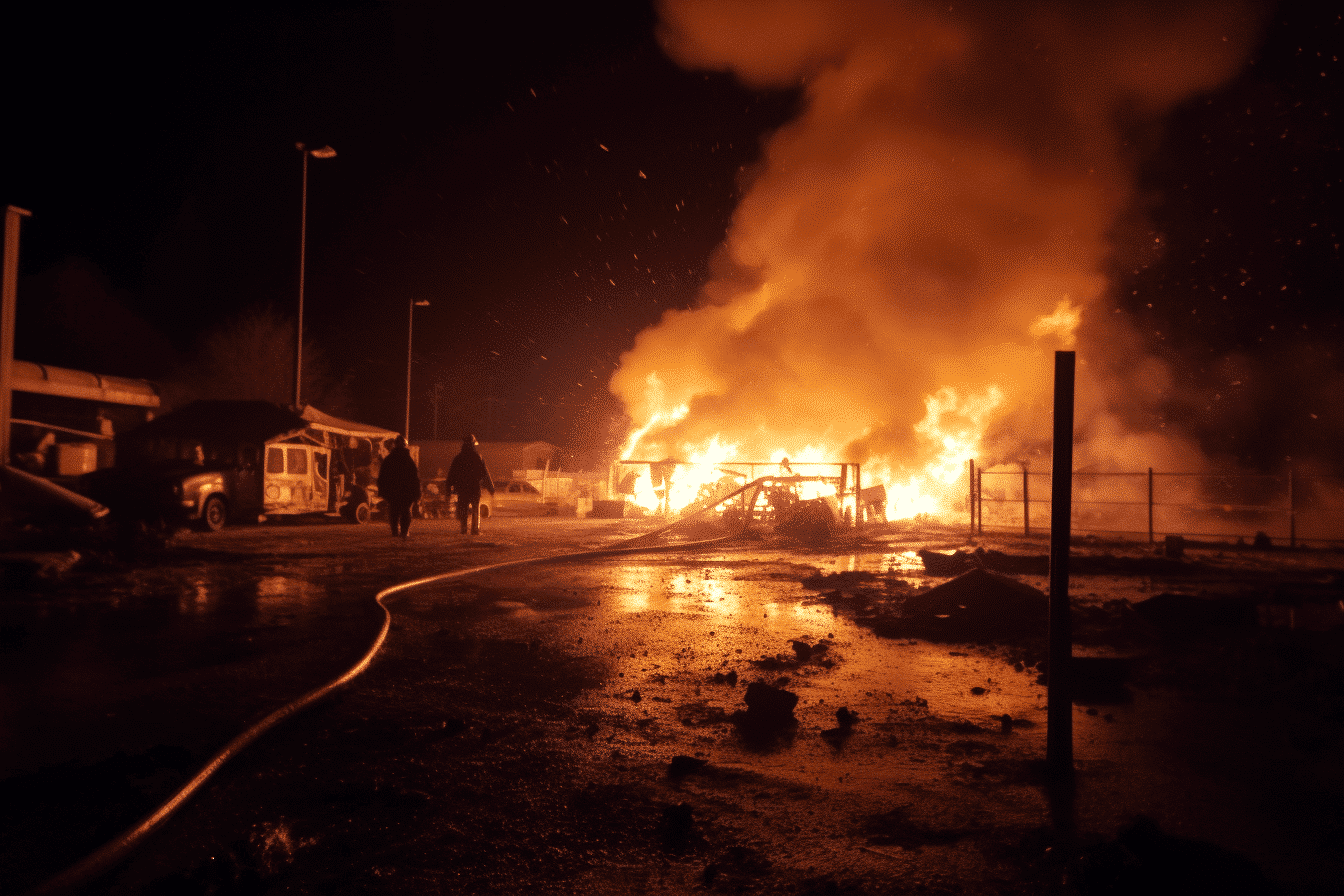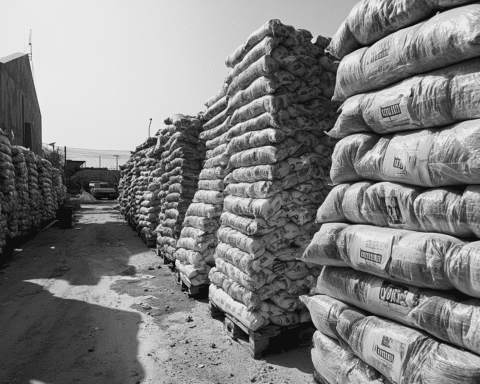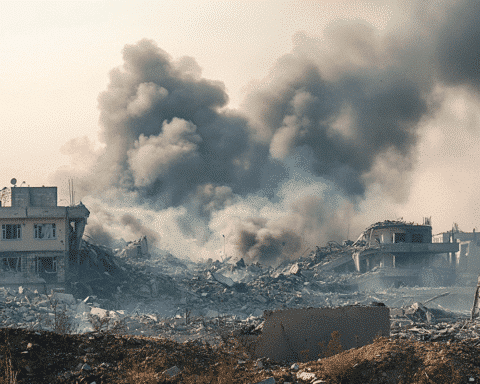In Azerbaijan’s Nagorno-Karabakh region, a devastating explosion occurred at a packed gas station, leading to numerous casualties. This tragedy comes when many ethnic Armenians are migrating to neighbouring Armenia due to recent conflicts, as reported by the separatist territory’s officials.
Since Azerbaijan’s recent military victory over the separatists, who governed Nagorno-Karabakh for about three decades, approximately 28,000 people, accounting for nearly a quarter of the region’s inhabitants, have sought refuge in Armenia.
The rush to depart from Nagorno-Karabakh was further hastened when Azerbaijan ended a nearly year-long blockade on the sole road connecting the region to Armenia. This blockade had caused critical shortages in essential supplies like food, medicines, and fuel. Despite Azerbaijan’s commitment to protecting Armenian rights, many locals remain apprehensive.
Thomas de Waal, an expert from Carnegie Europe, commented, “The majority of Karabakh’s population may choose Armenia over integration into Azerbaijan, a nation unfamiliar to them in terms of culture and language.”
The tragic explosion occurred outside Stepanakert, the regional capital, with residents queuing to refuel their vehicles. The separatist government reported 68 deaths, 290 injuries, and 105 missing people.
Though the exact cause of the explosion remains uncertain, Nagorno-Karabakh officials believe negligence may be responsible, ruling out deliberate sabotage.
In the aftermath of recent conflicts, Armenian authorities transferred 125 bodies from Nagorno-Karabakh to Armenia for identification. All were confirmed as casualties from the preceding week’s battles.
Azerbaijani officials announced readiness to offer medical assistance to the injured and have already dispatched burn-related medicines and other humanitarian aid. Additionally, fuel supplies are being sent to address the region’s shortages.
The U.S. National Security Council spokesperson, Adrienne Watson, expressed the U.S.’s commitment to supporting the affected, mentioning plans to offer further assistance to local communities through shelter and essential supplies.
Following Azerbaijan’s rapid military success last week, there has been increased demand for gasoline in Stepanakert. The explosion exacerbated this scarcity, causing concern for many planning to journey to the Armenian border.
Amid the chaos, roads in Stepanakert are congested with vehicles transporting belongings, and sidewalks are lined with residents and their packed luggage. Local authorities have urged patience, promising bus services to aid evacuation.
Historically, Nagorno-Karabakh was an autonomous region under Azerbaijan during the Soviet era. Ethnic tensions led to a significant war, after which the region was under ethnic Armenian control, backed by Armenia, until 1994. In 2020, another conflict saw Azerbaijan reclaim parts of the territory. An armistice saw the deployment of Russian peacekeepers to the region. However, Russia’s current preoccupation with Ukraine has diminished its regional influence.
Armenia’s PM, Nikol Pashinyan, accused Moscow of not preventing recent conflicts, an allegation Russia refuted. The Kremlin believes Pashinyan is trying to distance Armenia from Russia.
Political expert De Waal anticipates further political upheaval in Armenia, stating, “Expect tumultuous times in Armenia with opposing factions either supporting or challenging Pashinyan’s leadership.”
The complex geopolitical dynamics in Nagorno-Karabakh, intertwined with historical conflicts and the recent tragedy, underscores the fragility of peace and stability in the region. As nations navigate the aftermath, the international community’s role becomes paramount in ensuring the affected populations’ safety, well-being, and rights. The coming weeks will determine whether diplomacy can pave the way for sustainable solutions or if old wounds will further deepen the divide.




